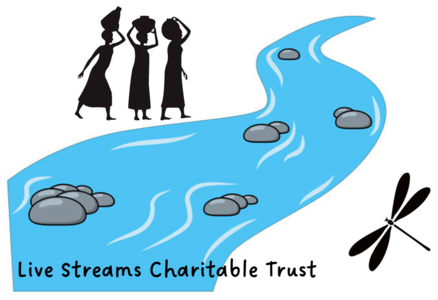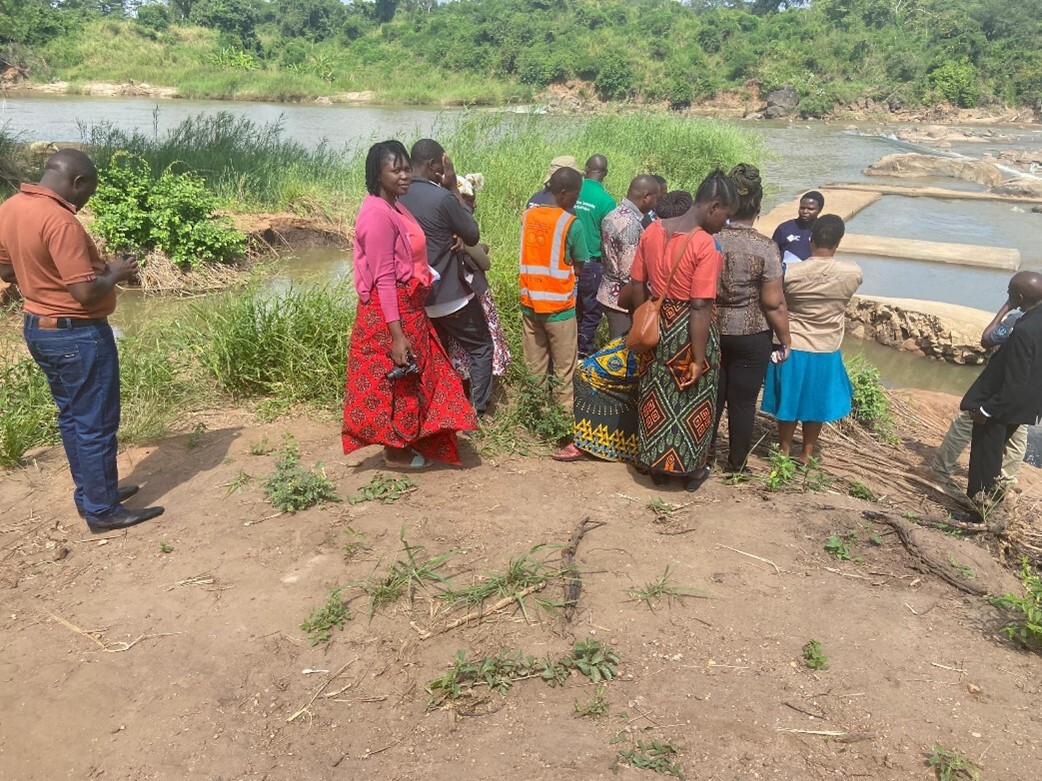Background
The Bua River has its source in the Mchinji Forest Reserve and flows into Lake Malawi. It is a breeding ground for rare fish species including the endemic lake salmon, Opsaridium microlepis, and large numbers of fisher families are dependent on it for their livelihoods. Fish numbers have declined in recent years and some species such as the lake salmon are now classified as endangered. In 2022, the Lilongwe University of Agriculture and Natural Resources (LUANAR) worked with local stakeholders to develop an Ecosystems-based management plan. The management plan was designed to reverse the decline in fish stocks whilst also enhancing the socioeconomic development and food security of the people living along the Lower Bua River. The Vice-Chancellor of LUANAR, Professor Emmanuel Kaunda, was instrumental in overseeing the development of the plan. The United States Agency for International Development, through its REFRESH programme, provided funds to support its preparation.
Aims
The overall aim was to support the launch and implementation of an Ecosystems-based management plan for the Lower Bua River Fishery. Specifically, the objective was to assist stakeholders to develop work plans and monitor the progress of initial activities; and to enable a young professional, Ms Thokozire Gwaza Kwalira, with an interest in conservation to strengthen her skills in participatory processes and project management.
What was done
Following an earlier consultation LUANAR staff, including Thokozire Gwaza, finalised the Ecosystems-based management plan for the Lower Bua river. An event was held in late April 2024 at the Chizuma community ground in Nkhotakota District to raise awareness among stakeholders about the management plan and to facilitate networking between them. The expected outcome was a set of agreed concrete actions which would help to ensure the long-term health of fish stocks and the freshwater ecosystem, whilst supporting the livelihoods of fishing communities and fostering responsible fishing practices.
A visit was made to an irrigation weir which had been identified during the earlier consultation process as one of the key issues affecting the population of the lake salmon. The design of the weir inhibits the migration of the fish, including juveniles, upstream during the breeding season. Suggestions were made to modify the design of the weir to allow the fish to cross over it more easily. Other issues that were discussed included the need to respect the ban on unsustainable fishing practices and for stronger enforcement of the seasonal ban on fishing. Progress on each of these measures would reduce the pressure on fish stocks and help to protect the livelihoods of fishing communities in the longer term. Ideas were presented on alternative income-generating activities for local people during the close season.
At the end of the event the chairperson of Nkhotakota District, Mr. Charles Chimzukuzuku, signed and formally launched the plan.
Photo: Stakeholders visiting the weir at Chizuma
Outcomes
The management plan has broad support from local communities and national and local government agencies. At the launch event Mr. Symon Kamowa Ngwira, District Fisheries officer for Nkhotakota, explained to participants that the plan contributes to national targets in a ten-year plan to achieve sustainable utilization of fisheries resources in Malawi. LUANAR will continue to provide technical inputs and assist with monitoring progress in implementing the management plan.
Photo: Charles Chimzukuzuku, chairperson on Nkhotakota District "The launch of this plan symbolizes the beginning of a new era of sustainable fishing techniques, ensuring that future generations will profit from the fishery of Lower Bua River.”


